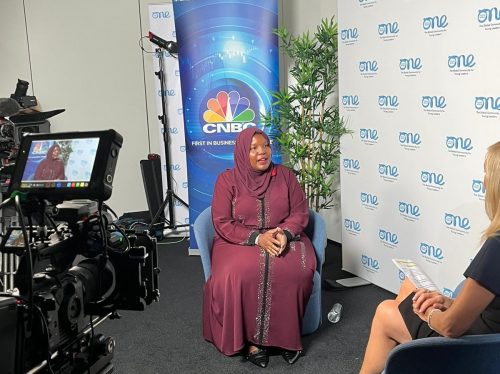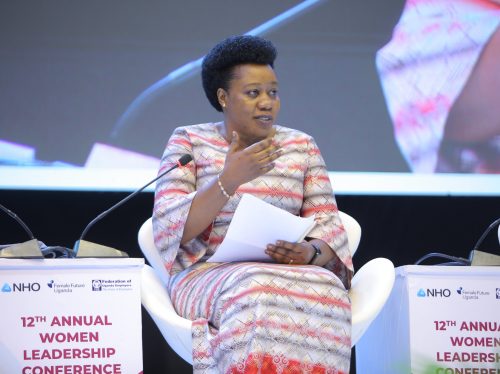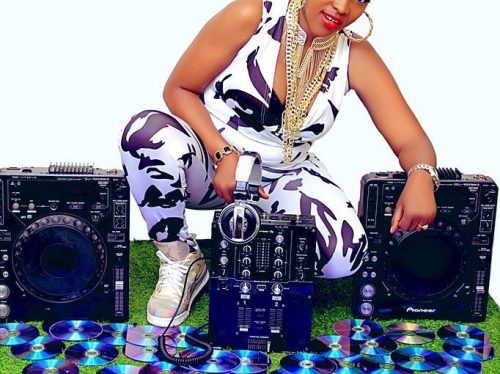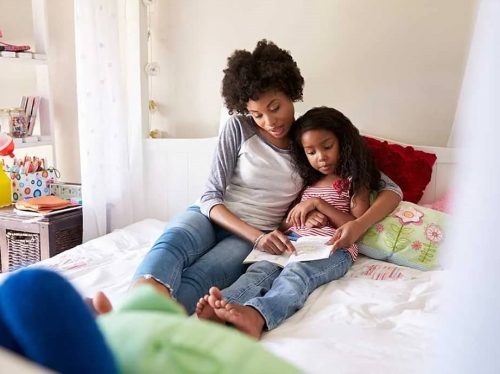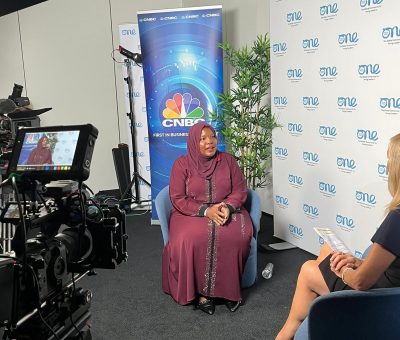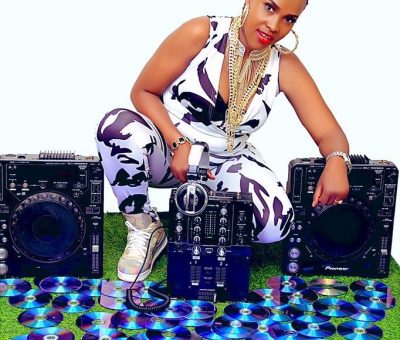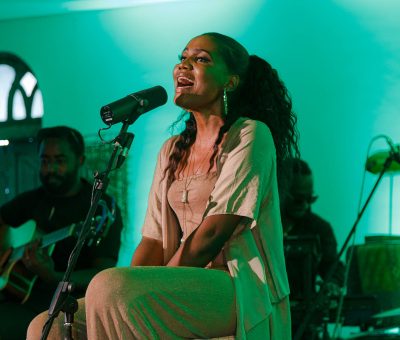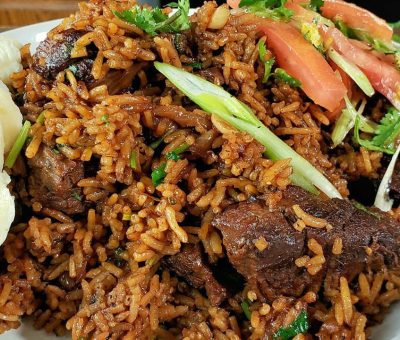Dealing with postpartum hair loss
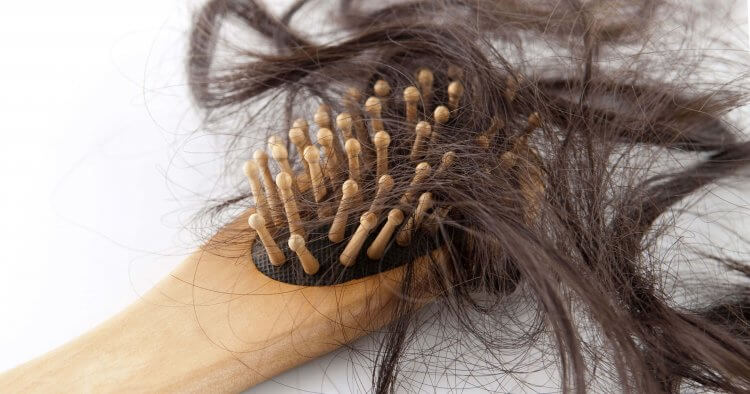
Several things happen during and after pregnancy that delving into the nitty-gritty would make our heads spin uncontrollably. One of these is hair loss. Can you imagine boasting of a healthy and lovely mane through the nine months only for it to start falling off after bringing forth your bundle of joy? Annoying, right?
I have suffered from hair loss after giving birth to all my three babies and this was worsened by a reaction to some medication (story for another day). Yes, I miss my hair, seeing that this African kinky hair took me years to grow. However, Dr Franklin Wasswa, a general physician, shares an analogy that makes me see things differently. I hope it helps you as well.
“Imagine National Water and Sewerage Corporation (NWSC) poured a dye in their pumps. You will only know days or hours later when the water comes through your tap at the sink. However, the event happened some time back at the NWSC base. The same goes for our hair. During its development stage, which is a month away, it gets interrupted by hormone imbalances. While you will not see the effects until the hair grows out of the roots, one of the effects is having a weak stem that will break off. As such, the mother has to wait for the next phase of growing hair to develop and come out of the root. That would be synonymous to waiting for water without dye to start coming through your tap from NWSC. So this is just a waiting game.”
I hope that helps us understand this underground work that often frustrates us, usually making us stop combing our hair for fear of how much more we will lose.
On a scientific note, Dr Wasswa says that after childbirth, progesterone and oestrogen hormones reduce, causing a return to normalcy. However, as that happens, the body undergoes lots of change. The beauty about it is that it is not a lifelong effect and the hair should be restored within a year.
“However, there are cases of extreme hair loss and if you suffer this, please talk to your doctor,” he advises.
Preventative measures
Apart from hormones having a huge role in this hair loss, Dr Wasswa says other causes are vitamin deficiency, stress, and tight hair styles. Here are some ways to reduce hair loss:
Take vitamins
Some micronutrients deficiency cause alopecia (hair loss). However, if you want to use it for pregnancy-related alopecia, it is best to do so under professional guidance. “Some vitamins taken in high doses or quantity can affect the baby’s development, sometimes causing deformities. As such, consult a professional before taking any,” he advises.
Short hair
Some want to maintain the long hair for fashion’s sake. However, its maintenance will increase stress on the fragile hair that was ‘malnourished’ during its formation process. “This hair has some ‘mistakes’ because of hormonal imbalances. Therefore, keeping it short will reduce the effects of hair loss as the weak stems will not have to get overly strained,” he shares.
Skip the styling
Styling usually comes with curling and applying lots of heat on the hair. All these make it weaker while its stems are already ‘damaged’. “That is more stress on the remaining fibres. The same goes for trying to comb it, more so when it is long or holding it with a band. The idea is to explore short or trimmed hairstyles so that there is less strain on the weak hair fibres,” he advises.
Eat healthy
It is often said that we are what we eat. In the same vein, you need to eat a balanced diet seeing that you are also availing food for another being. “Your diet should include fruits, vegetables, proteins, carbohydrates, lots of fluids and some fat to ensure that the body repairs well. It also needs these for proper sustenance,” Dr Wasswa advises.
Avoid stress
The most crucial element that will help prevent hair loss is reducing stress. That is because stress also causes hair loss in and of itself. Speak to friends, family to keep in a good and happy mood. It you feel extremely strained, speak to a counsellor.



